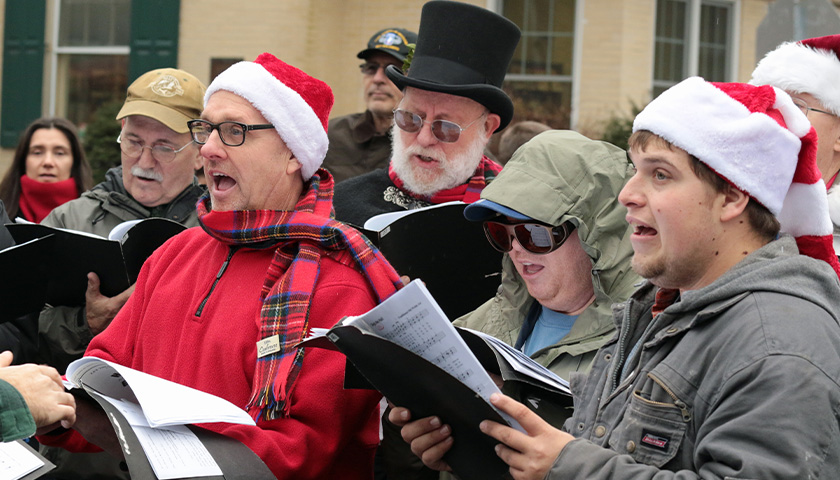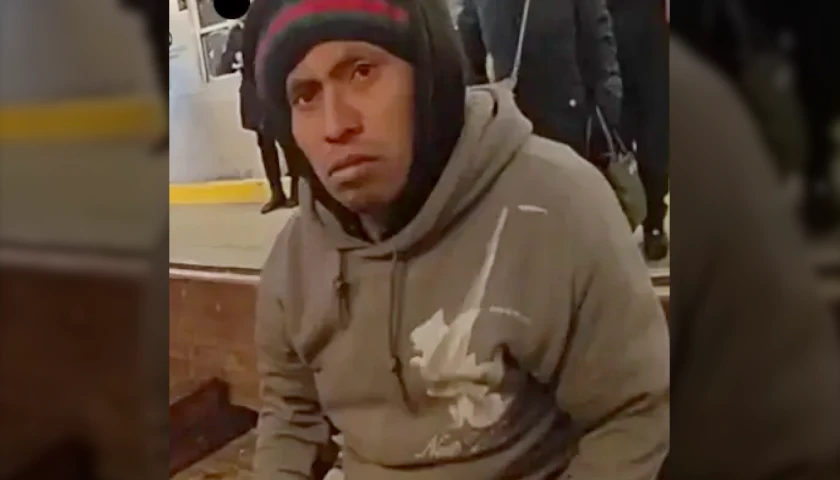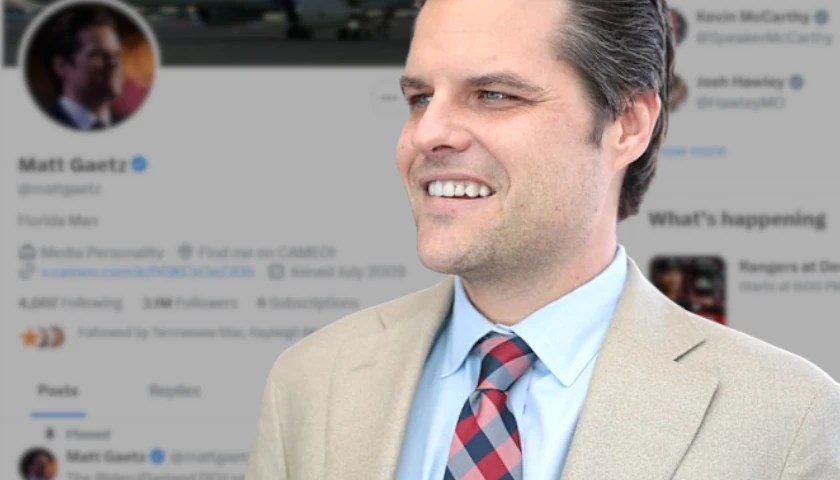A new report issued by the Federation for American Immigration Reform (FAIR), documents that Knoxville, Memphis and Nashville have been able to effectively operate as sanctuary cities by putting in place practices that skirt Tennessee’s 2009 law because it only prohibits written policies or ordinances.
Comments made by Shelby County Commissioner Mark Billingsley during the May 7th Commission meeting suggested that Shelby County was operating as a sanctuary city.
FAIR’s report identifies 564 jurisdictions that qualify for sanctuary status because in one way or another they have taken steps to “protect illegal aliens or obstruct efforts by the federal government to enforce immigration laws.”
Dan Stein, President of FAIR credits “radical groups, posing as ‘immigrants’ rights’ organizations” for pushing policies that put protecting illegal aliens over the safety of American citizens and legal immigrants:
‘There is no rational justification for protecting deportable criminals. Yet, under pressure from radical groups, posing as ‘immigrants’ rights’ organizations, 564 jurisdictions have decided that protecting foreign criminals is more important than the safety of their local communities,’ charged Dan Stein, president of FAIR. ‘Countless Americans have been needlessly victimized, and some have lost their lives, because local sanctuary policies prevented the perpetrators from being identified as deportable aliens, or prevented Immigration and Customs Enforcement from taking them into custody.’
Stein could easily be talking about Tennessee where groups like the TN Immigrant & Refugee Rights Coalition (TIRRC) and the American Muslim Advisory Council (AMAC) are using disinformation campaigns, rallies and phone calls in an effort to convince Governor Haslam to veto the new anti-sanctuary city bill and instead, protect criminal illegal aliens from possible deportation by returning them to Tennessee communities.
Part of the disinformation campaign launched by TIRRC labels HB2315 that is headed to the Governor’s desk, “the mass deportation bill,” a gross distortion amounting to nothing more than political propaganda.
Sanctuary policies and practices come in many forms including “welcoming resolutions,” local ordinances and internal law enforcement policy. These policies and practices often “forbid state and local officials (including law enforcement officers) from asking people about their immigration status; reporting suspected illegal aliens to the federal government; holding criminal aliens for arrest by U.S. Immigration and Customs Enforcement (ICE); or otherwise cooperating with or assisting federal immigration enforcement agents.”
The end result is that criminal illegal aliens are shielded from the consequences of their law-breaking and elected and appointed leaders in local jurisdictions are knowingly complicit in violating the law.
Mayor Jim Strickland says Memphis is a “welcoming” city for immigrants. However, as to illegal aliens, he’s been adamant that the Memphis Police Department (MPD) “is not in the business of enforcing federal immigration policy, nor do we believe that is MPD’s function or mission.” As reported last year by the Commercial Appeal, it appears that MPD policy does in fact, partially bar cooperation with federal immigration officials:
[A]ccording to MPD spokesman Karen Rudolph. This is how the department handles such interactions [with undocumented immigrants], Rudolph said, based on rules adopted in 2008:
* If an (undocumented immigrant) is arrested on any drug or other criminal charges involving moral turpitude and/or a felony, then the officer should arrest and transport the suspect and notify the Immigration Office of Detention and Removal.
* If the suspect is arrested for a lesser offense (such as) criminal trespass, public intoxication, disorderly conduct, traffic, theft of property $500 or less or other less serious charges, then the Immigration Service should not be contacted.
* If no charges involving the (undocumented immigrant) exists, then an arrest should not be made.
In Knoxville, Mayor Rogero has vigorously expressed her opposition to full cooperation with federal agents working for the Department of Homeland Security’s Immigration and Customs Enforcement division. And despite her claims that Knoxville is “not a sanctuary city” she has identified practices followed by her police department that like Nashville’s proposed action last year, would constitute a sanctuary city practice under the new Tennessee anti-sanctuary city bill.
Nashville has been more transparent in its efforts to establish itself as a sanctuary city. The ordinance proposed by the Metro Council, was withdrawn due to intense opposition from state legislators and Nashville voters. A Tennessee Star Poll showed that likely Nashville voters were evenly split over the “sanctuary city” proposal even though its sponsor claimed overwhelming support for it inside the county. Thirty-eight and a half percent of Nashville likely voters strongly opposed the withdrawn sanctuary city ordinance, while only 31.9 percent strongly supported it. The 6.6 percent differential is beyond the poll’s 4.2 percent margin of error.
Had the proposed ordinance not been withdrawn, it would have made Nashville the most liberal sanctuary city in the country but without violating current state law.
The new anti-sanctuary city legislation which passed this year 64-23 in the House and 25-5 in the Senate is expected to reach the Governor’s desk early next week. This bill closes loopholes that the Nashville ordinance would have used, and as Senate sponsor Mark Green has said, “puts teeth into the law” by putting state economic and community development grants in jeopardy.
GOP gubernatorial candidate Beth Harwell voted for this year’s bill and the one passed in 2009 as did Diane Black who was in the state Senate at the time. But Congressman Black is the only candidate to have publicly urged the Governor to sign the bill. Bill Lee said if he was governor, he’d sign the bill and Randy Boyd has not offered a comment with regard to the bill. The Governor also has the option to quickly return the bill and allow it to become law without his signature or take no action and allow it to become law after ten days.




